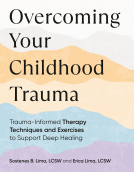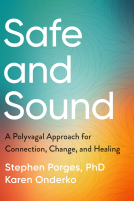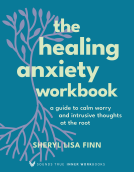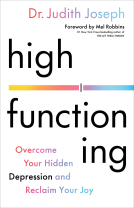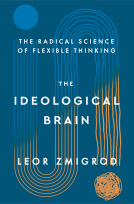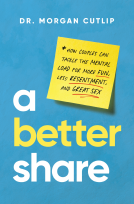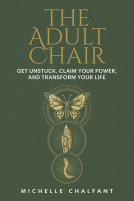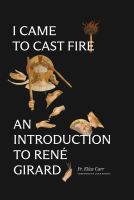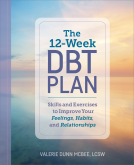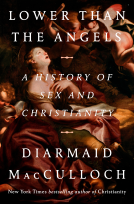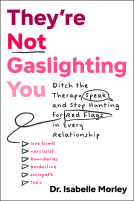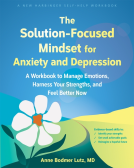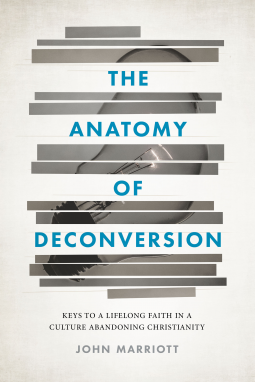
The Anatomy of Deconversion
Keys to a Lifelong Faith in a Culture Abandoning Christianity
by John Marriott
This title was previously available on NetGalley and is now archived.
Send NetGalley books directly to your Kindle or Kindle app
1
To read on a Kindle or Kindle app, please add kindle@netgalley.com as an approved email address to receive files in your Amazon account. Click here for step-by-step instructions.
2
Also find your Kindle email address within your Amazon account, and enter it here.
Pub Date Apr 13 2021 | Archive Date Aug 27 2021
Abilene Christian University Press & Leafwood Publishers | Abilene Christian University Press
Talking about this book? Use #TheAnatomyofDeconversion #NetGalley. More hashtag tips!
Description
Believers are abandoning faith. But why?
Atheism is on the rise. What, if anything, can be done to prevent this trend? The Anatomy of Deconversion goes to the source of these issues and gives readers a broad picture of the deconversion process. Learn why believers lose their faith, and, perhaps more importantly, discover why so many former Christians claim to be happier, freer, and more fulfilled as unbelievers than they were as Christians. No one fully escapes the pitfalls in life that create a faith crisis. However, learning to navigate these times of crisis is the key to developing a grounded, flourishing faith.
Based on data gleaned from first person interviews and written narratives, The Anatomy of Deconversion uncovers the reasons, processes, and impacts of deconverting from Christianity. Unlike other books that address the topic of deconversion from a purely theological perspective, The Anatomy of Deconversion takes a multidisciplinary approach. In doing so, it provides the only comprehensive account of deconversion available today.
Available Editions
| EDITION | Paperback |
| ISBN | 9781684262014 |
| PRICE | $21.99 (USD) |
Links
Featured Reviews
 Joshua E, Reviewer
Joshua E, Reviewer
If there is one issue plaguing the Christian church in the west in general, and America specifically, it is that of once professing Christians abandoning their faith at alarming rates and doing so quite publicly. In essence, this ever growing population of people is deconverting from their former faith and are now the largest segment of religious people known as nones.
What makes this book stand apart from others writings is in the author’s approach to analyzing reconversion from the Christian faith. Here, the author is taking a sociological approach concerning persons who once professed faith in the Biblical traditions yet now have renounced their faith completely as opposed to deconstructing their faith where persons engage in a form of Christianity but from a far different perspective than Christians historically. Essentially, if fundamentalist Christians are at one end of the spectrum of faith and deconstructionists are at the other, then those who have deconverted are no longer on the continuum of faith at all.
To the author, he is not merely studying stories of deconversion. Rather, he is analyzing the lived experiences of persons who he coins as unbelievers who essentially never had a true moment of repentance and seeking to understand what brought them to the realization of their own unbelief. Succinctly, the author analyzes the stories of sociological Christians; or those who failed to convert initially while believing that they had. Again, this is perhaps a slightly different analysis than is offered from others who write on this topic which is ever growing in the west.
What further separates the author’s work from others is that he approaches this complex issue in very well-defined terms and is something more akin to that of a sociological researcher than a pastor yet still maintains a compassionate voice throughout. Furthermore, the author states his claims in easily read ways which perhaps open this book, and the subject itself, up to a greater preponderance of the population. Most notably, the author writes and tells stories in such a way where those whom he studied are left with their humanity which may not always be the case in books on the same subject matter.
Fascinating research, much of which confirms what I've found in various Barna Group studies (You Lost Me, UnChristian, etc.) and in discussions with friends about the uses (and limits) of apologetics in considering spiritual doubts. Definitely recommended!
Readers who liked this book also liked:
Sostenes B. Lima, LCSW; Erica Lima, LCSW
Health, Mind & Body, Self-Help
Tanis Allen, LMSW, ACSW
Health, Mind & Body, Self-Help
Sheryl Lisa Finn, MA; Sheryl Paul
Health, Mind & Body, Science, Self-Help
